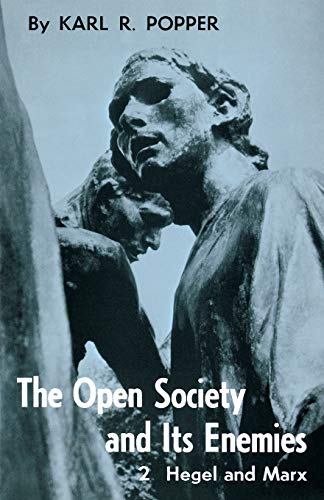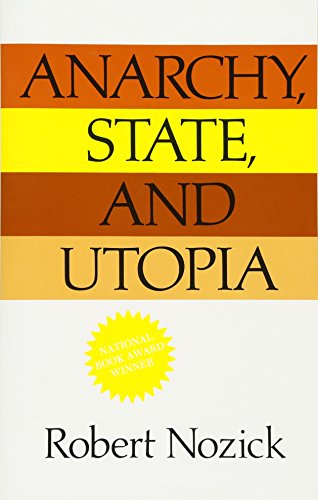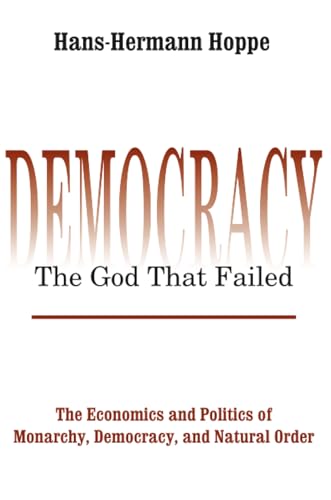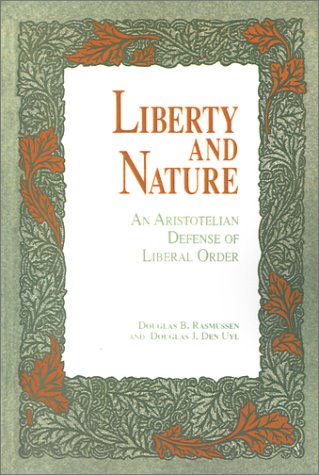Libertarianism: History Philosophy Politics Economics 2
Explore the best books on libertarianism, covering its history, philosophy, politics, and economics. Discover essential reads for understanding libertarian thought and its impact on society.






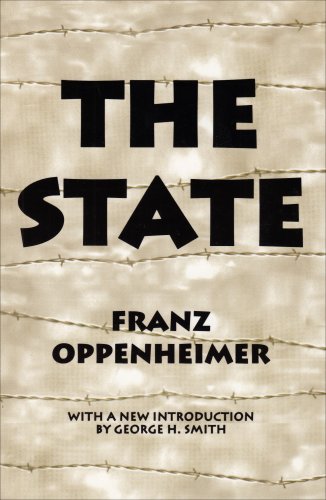

Book
A Mencken Chrestomathy
by H.L. Mencken
Edited and annotated by H.L.M., this is a selection from his out-of-print writings. They come mostly from books—the six installments of the Prejudices series, A Book of Burlesques, In Defense of Women, Notes on Democracy, Making a President, A Book of Calumny, Treatise on Right and Wrong—but there are also magazine and newspaper pieces that never got between covers (from the American Mercury, the Smart Set, and the Baltimore Evening Sun) and some notes that were never previously published at all. Readers will find edification and amusement in his estimates of a variety of Americans—Woodrow Wilson, Aimee Semple McPherson, Roosevelt I and Roosevelt II, James Gibbons Huneker, Rudolph Valentino, Calvin Coolidge, Ring Lardner, Theodore Dreiser, and Walt Whitman. Those musically inclined will enjoy his pieces on Beethoven, Schubert, and Wagner, and there is material for a hundred controversies in his selections on Joseph Conrad, Thorstein Veblen, Nietzsche, and Madame Blavatsky.

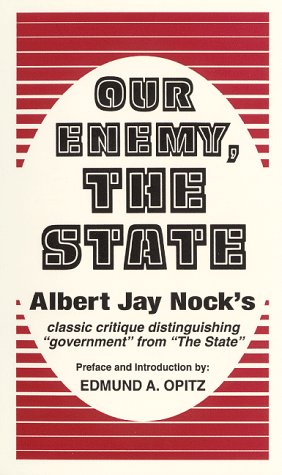
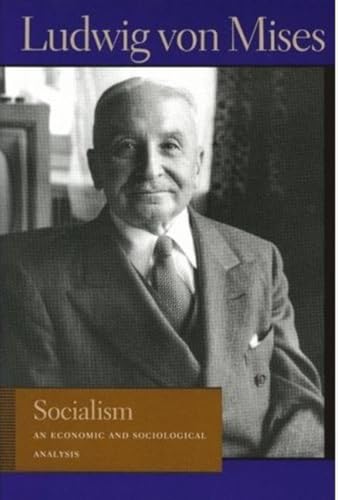



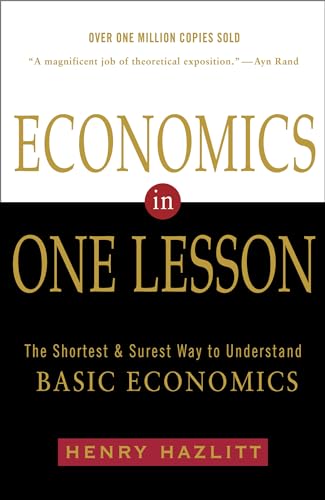

Book
Capitalism, Socialism, and Democracy
by Joseph A. Schumpeter
Capitalism, Socialism and Democracy remains one of the greatest works of social theory written this century. When it first appeared the New English Weekly predicted that for the next five to ten years it will cetainly remain a work with which no one who professes any degree of information on sociology or economics can afford to be unacquainted.' Fifty years on, this prediction seems a little understated. Why has the work endured so well? Schumpeter's contention that the seeds of capitalism's decline were internal, and his equal and opposite hostility to centralist socialism have perplexed, engaged and infuriated readers since the book's publication. By refusing to become an advocate for either position Schumpeter was able both to make his own great and original contribution and to clear the way for a more balanced consideration of the most important social movements of his and our time.

Book
Atlas Shrugged
by Ayn Rand
Peopled by larger-than-life heroes and villains, charged with towering questions of good and evil, Atlas Shrugged is Ayn Rand’s magnum opus: a philosophical revolution told in the form of an action thriller—nominated as one of America’s best-loved novels by PBS’s The Great American Read. Who is John Galt? When he says that he will stop the motor of the world, is he a destroyer or a liberator? Why does he have to fight his battles not against his enemies but against those who need him most? Why does he fight his hardest battle against the woman he loves? You will know the answer to these questions when you discover the reason behind the baffling events that play havoc with the lives of the amazing men and women in this book. You will discover why a productive genius becomes a worthless playboy...why a great steel industrialist is working for his own destruction...why a composer gives up his career on the night of his triumph...why a beautiful woman who runs a transcontinental railroad falls in love with the man she has sworn to kill. Atlas Shrugged, a modern classic and Rand’s most extensive statement of Objectivism—her groundbreaking philosophy—offers the reader the spectacle of human greatness, depicted with all the poetry and power of one of the twentieth century’s leading artists.


Book
The Open Society and Its Enemies: The spell of Plato
by Karl Raimund Popper
Popper was born in 1902 to a Viennese family of Jewish origin. He taught in Austria until 1937, when he emigrated to New Zealand in anticipation of the Nazi annexation of Austria the following year, and he settled in England in 1949. Before the annexation, Popper had written mainly about the philosophy of science, but from 1938 until the end of the Second World War he focused his energies on political philosophy, seeking to diagnose the intellectual origins of German and Soviet totalitarianism. The Open Society and Its Enemies was the result. In the book, Popper condemned Plato, Marx, and Hegel as "holists" and "historicists"--a holist, according to Popper, believes that individuals are formed entirely by their social groups; historicists believe that social groups evolve according to internal principles that it is the intellectual's task to uncover. Popper, by contrast, held that social affairs are unpredictable, and argued vehemently against social engineering. He also sought to shift the focus of political philosophy away from questions about who ought to rule toward questions about how to minimize the damage done by the powerful. The book was an immediate sensation, and--though it has long been criticized for its portrayals of Plato, Marx, and Hegel--it has remained a landmark on the left and right alike for its defense of freedom and the spirit of critical inquiry.
